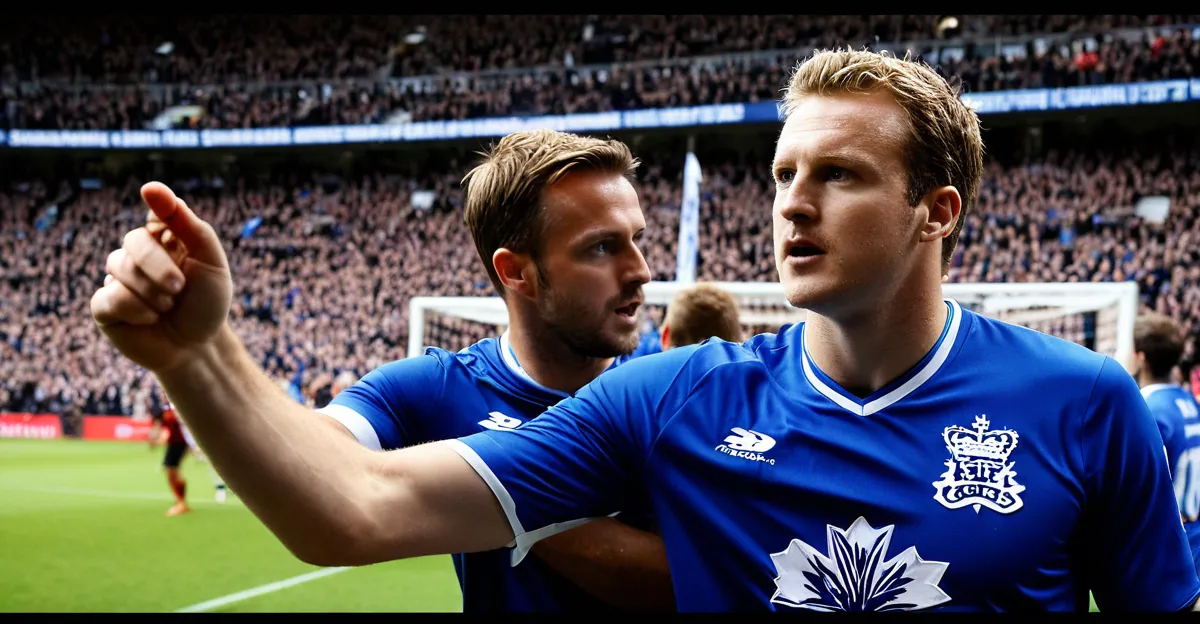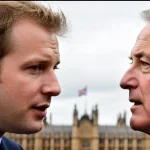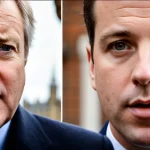The Role of UK Sports in Shaping International Relations
UK sports diplomacy has long served as a powerful vehicle for fostering positive international relations. By leveraging the global appeal of sports such as football, rugby, and cricket, the UK has been able to influence diplomatic ties beyond traditional political channels. This approach is grounded in the recognition that sports appeal across cultural and national boundaries, creating common ground for dialogue and collaboration.
Historically, UK sports diplomacy dates back to the late 19th and early 20th centuries, when sporting exchanges began to function as informal diplomatic tools. For instance, early international rugby matches helped ease tensions between Britain and its colonies by promoting mutual respect and understanding through competition. Such events were among the first examples demonstrating how UK sports could project diplomatic influence globally.
Additional reading : What Are the Potential Challenges Facing UK Sports in the Coming Years?
The global impact of UK sports further extends to cultural exchange and nation branding, enhancing the UK’s international standing. Through sports diplomacy, the UK has cultivated relationships that extend beyond mere sporting contests, engaging in active dialogue that supports peace-building and cooperation. The sustained emphasis on leveraging sports diplomacy highlights the strategic importance the UK places on sports as an instrument of foreign policy and soft power projection in international relations.
Prominent Sporting Events and Their Diplomatic Impact
UK sports events such as the Olympics and the Commonwealth Games have consistently played pivotal roles in advancing diplomatic objectives. Hosting the Olympics has amplified the UK’s global profile while fostering cooperative spirit among participating nations. Similarly, the Commonwealth Games facilitate unity by bringing together countries with historic ties to the UK, reinforcing cultural bonds and shared values within international relations.
Also read : What Makes UK Sports Teams So Iconic?
Notable UK-based football and rugby matches have also contributed substantially to sports diplomacy. These events often serve as neutral grounds where countries can engage beyond political tensions, using the universal appeal of sport to build rapport and mutual understanding. For example, high-profile football fixtures involving UK teams and international opponents have helped ease diplomatic strains by promoting friendly competition and collaboration.
Case studies illustrate tangible diplomatic outcomes from these major events. The 2012 London Olympics exemplified how UK sports diplomacy can drive inclusive dialogue and showcase commitment to global cooperation. Through meticulously organized events and extensive media coverage, the UK projected an image of openness and goodwill, strengthening ties across continents. Similarly, the Commonwealth Games have been instrumental in launching initiatives that address social challenges, thereby intertwining sports with broader diplomatic and humanitarian efforts.
By combining the historic legacies and contemporary influence of these events, the global impact of UK sports in international relations remains both prominent and enduring. Such sporting occasions not only celebrate athletic excellence but also serve as strategic platforms for the UK to exercise soft power and foster peaceful diplomatic engagement.
Sports Diplomacy: UK Approaches and Strategies
UK sports diplomacy has evolved into a sophisticated instrument of foreign policy, actively supported by government initiatives. The UK government recognises sports diplomacy as an effective form of soft power, harnessing sport’s universal language to build bridges and shape international relations. Policies often focus on leveraging major events, athlete ambassadorship, and sports exchanges to promote dialogue and cooperation.
Non-governmental organisations and sporting organisations play pivotal roles in extending diplomatic reach. Bodies such as national sports federations and international partnerships collaborate closely with diplomatic channels to facilitate sporting exchanges and joint training programs. These initiatives create opportunities for cultural interaction and trust-building between countries, which traditional diplomatic avenues may not easily achieve.
The UK’s approach also includes targeted partnerships and sports exchange programs. For example, collaborative cricket and rugby initiatives with Commonwealth nations foster sustained interpersonal and institutional links. Such programs emphasize mutual respect and shared values, reinforcing broader diplomatic objectives. By integrating sports deeply within its diplomatic toolkit, the UK maximises the global impact of UK sports beyond competition, promoting peace and understanding through strategic engagement.
Influential Figures and Key Moments in UK Sporting Diplomacy
Distinct sports figures from the UK have played crucial roles in advancing sporting diplomacy by using their platforms to promote peace and address social issues internationally. Athletes such as Sir Vivian Richards and Billie Jean King, although from different eras and backgrounds, have exemplified how individual sports personalities can transcend the game to influence diplomatic narratives. Their active advocacy underscores the potential of UK sports diplomacy beyond formal government channels.
Several historical moments highlight when UK sports directly intersected with global politics. A prominent example is the “Ping Pong Diplomacy” inspired by UK sporting exchanges that influenced more formal diplomatic breakthroughs elsewhere; while this event occurred mainly between the US and China, the UK’s own sports exchanges contributed to laying groundwork for similar diplomacy by fostering trust and cultural understanding. Additionally, a key moment was the use of football matches during the Cold War era, which provided neutral venues for dialogue amidst high political tension. These occasions spotlight how the global impact of UK sports can extend to sensitive international relations contexts.
British sports leaders have left an enduring legacy in international diplomatic efforts. Figures such as Sir Bobby Charlton and Dame Kelly Holmes not only excelled in their fields but also served as informal ambassadors fostering goodwill and international friendship. Their participation in international sports forums and charity events illustrates leadership roles that blend sporting excellence with diplomacy, reinforcing the strategic importance of UK sports diplomacy in global relations.
By combining influential personalities and pivotal moments, UK sports diplomacy remains an effective channel for bridging divides, supporting peace, and shaping international discourse through respected global platforms.
Contemporary Developments and Future Outlook
Recent trends in sports diplomacy demonstrate the UK’s persistent dedication to harnessing the global impact of UK sports in international relations. The UK has increasingly utilized contemporary sporting events as platforms for diplomatic dialogue and conflict resolution, reflecting evolving political landscapes and global connectivity.
Current examples include UK participation in joint sports initiatives that address social inclusion and mental health on the international stage. These projects illustrate the move beyond merely competitive events toward multifaceted diplomatic efforts, integrating societal and humanitarian objectives within sports frameworks. This shift highlights how UK sports diplomacy aligns with broader global goals, enhancing its relevance in modern international relations.
Emerging trends emphasize the use of digital technologies and social media to amplify the reach and influence of sports diplomacy. Virtual sporting exchanges and online ambassador programs now complement traditional face-to-face interactions, expanding opportunities for engagement amidst global challenges such as pandemics or political restrictions. This adaptability ensures that UK sports remain influential in shaping diplomatic narratives.
Looking forward, the future role of UK sports in diplomacy will likely expand through increased collaboration with international organisations and greater focus on sustainability and inclusivity. The UK’s commitment to these principles positions it to lead innovative diplomatic initiatives within sports, reinforcing its soft power and forging stronger global partnerships. As such, UK sports diplomacy is poised to maintain and enhance its impact, underpinning the UK’s status as a prominent actor in international relations through evolving sports diplomacy strategies.





